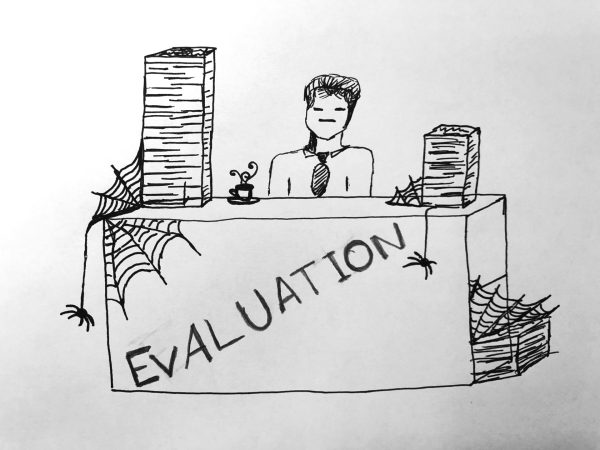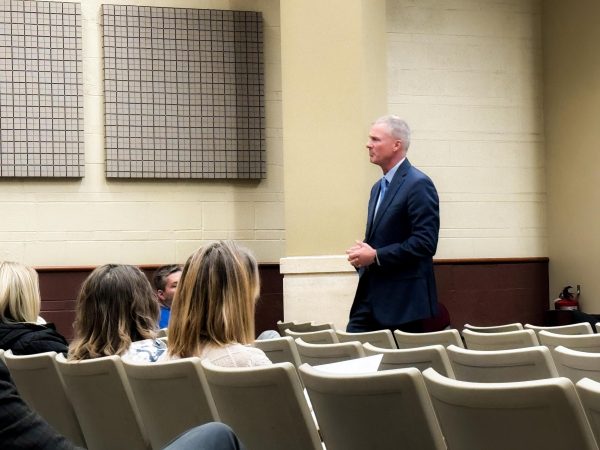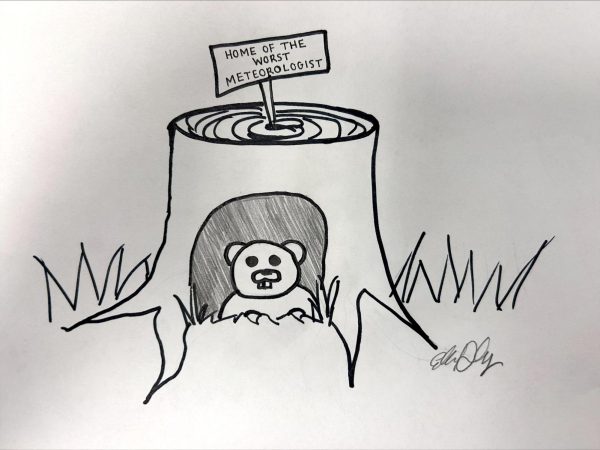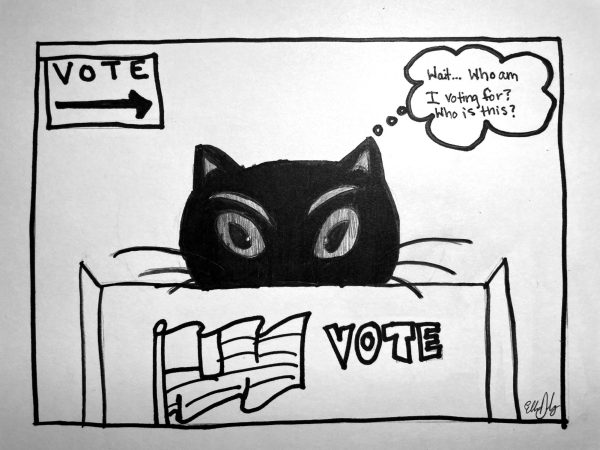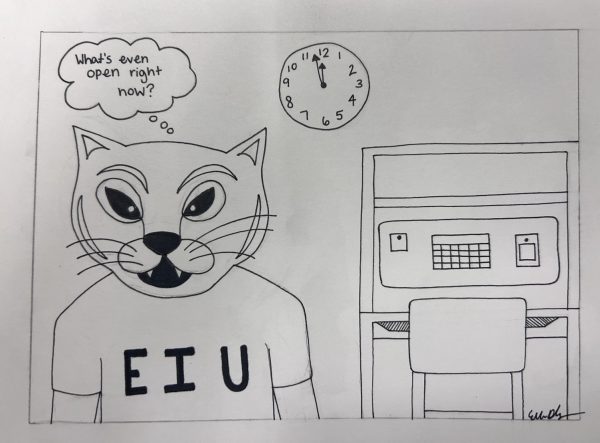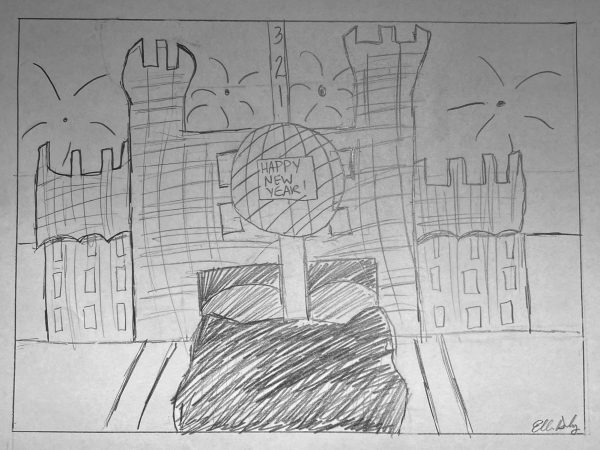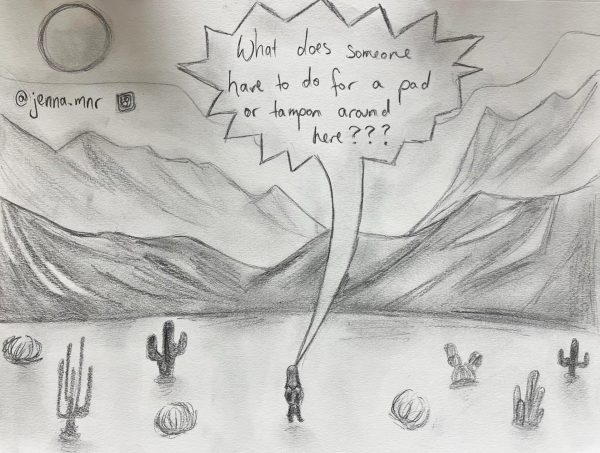STAFF EDITORIAL: Daylight saving time does more harm than benefit
November 2, 2018
Autumn is in full swing, and the leaves, the weather and the bug population are finally all with the fall.
But there is one milestone this season that has yet to happen: the time change.
Yes, daylight saving time will end on Nov. 4 at 2:00 a.m., when we will turn our clocks back an hour until next spring.
While it will be nice to get an extra hour of sleep this Sunday morning, we at The Daily Eastern News are not on board with the system that is daylight saving time.
That is not to say that daylight saving time is all but useless, though.
According to CNN, daylight saving time was created more than a century ago to save energy by extending the hours of daylight during the summer months. Although previously recognized in other countries and certain parts of the United States, it was formally established in our country in 1966, when the Uniform Time Act was passed. Now more than 70 countries abide by daylight saving time, and all states except Hawaii and most of Arizona follow the system.
Although some energy may be saved during the summer months by having later daylight hours, the amount of daylight is dramatically less during the winter months when daylight saving time ends.
This is a minor convenience at best. At worst, it really messes up our health.
It might be all fun and games when we see more and more daylight in the spring and summer, but a Live Science article states that our bodies never fully adjust to daylight saving time, and the lack of sleep that comes when daylight saving time starts in the spring leads to lessened productivity and a greater risk for automobile and other accidents.
There is also a strong link between the time change and depression, according to Psychology Today. Because it gets darker earlier, seasonal depression is triggered among many people.
Not to mention, a study performed by the National Bureau of Economic Research indicates that there is little evidence that daylight saving time actually saves energy.
By studying Indiana households’ billing data after the state implemented daylight saving time in 2006, the bureau found that energy consumption actually increased, likely because the reduced need for artificial light was offset by an increased demand for heating and cooling and appliance use during the day.
Beyond the extra hour of sleep we will be getting this weekend, most of us will not be seeing much benefit to the time change after Sunday is over.
Whether the country follows daylight saving time year-round or gets rid of it altogether, we at The Daily Eastern News believe that this system which takes away an hour in the spring and adds an hour in the fall yields more harm than good.
But until something is done about it, we encourage all of you tired students to take advantage of the extra hour this weekend and get some sleep.
The Editorial Staff can be reached at 581-2812 or [email protected].







































